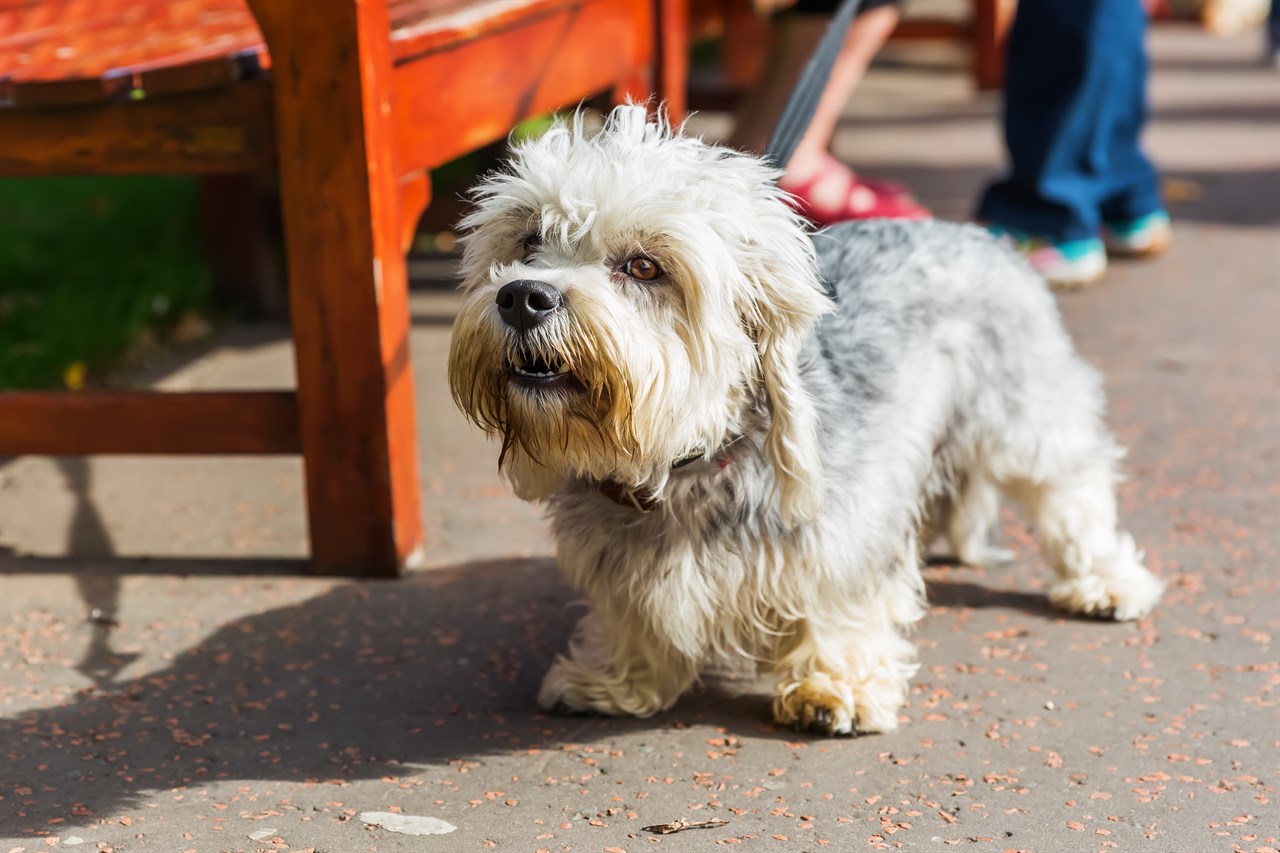Feeding Habits and Food Requirements of the Dandie Dinmont Terrier

Understanding the feeding habits and dietary needs of the Dandie Dinmont Terrier is crucial for their overall health and well-being. Here's a comprehensive guide to their feeding habits and food requirements:
- Age and Life Stage: The dietary requirements of Dandie Dinmont Terriers vary with age and life stage. Puppies, adults, and senior dogs have different nutritional needs. Choose a high-quality dog food formulated for your dog's specific life stage.
- Portion Control: Determine the appropriate portion size based on your Dandie Dinmont's age, size, activity level, and metabolism. Overfeeding can lead to obesity, while underfeeding can result in malnutrition.
- Frequency: Puppies typically require more frequent meals, with three to four meals a day until they are around six months old. Adult Dandie Dinmonts can transition to two meals a day, while seniors may benefit from smaller, more frequent meals.
- Quality Ingredients: Opt for dog food brands that list high-quality protein sources (such as chicken, beef, or fish) as the first ingredient. Avoid foods with excessive fillers like corn, wheat, and soy. Consult with your veterinarian to choose the best food for your specific dog's needs.
- Avoid Human Food: While it may be tempting to share your meals with your Dandie Dinmont, avoid feeding them human food, especially items that can be toxic to dogs (e.g., chocolate, grapes, onions, and garlic). Stick to dog-safe treats and snacks.
- Fresh Water: Ensure that your Dandie Dinmont Terrier always has access to fresh, clean water. Proper hydration is essential for their overall health.
- Dietary Restrictions: Some Dandie Dinmont Terriers may have dietary restrictions or allergies. If you notice any adverse reactions to food or digestive issues, consult with your veterinarian to identify potential food sensitivities.
- Obesity Prevention: Dandie Dinmonts are prone to obesity, which can lead to various health problems. Monitor their weight and adjust their food portions accordingly. Regular exercise is also essential for weight management.
- Special Considerations: If your Dandie Dinmont has specific health issues, such as allergies, digestive problems, or joint concerns, consult with your veterinarian to determine if a specialized diet or dietary supplements are necessary.
- Age-Related Changes: As your Dandie Dinmont Terrier ages, their dietary needs may change. Senior dogs may require food formulated to support joint health and manage potential age-related issues like arthritis.
- Treats and Rewards: While treats can be an essential part of training and bonding, use them in moderation. Opt for low-calorie, healthy treats, and factor them into your dog's daily caloric intake to avoid overfeeding.
- Consult a Veterinarian: Regular veterinary check-ups are essential to assess your Dandie Dinmont Terrier's overall health and nutritional needs. Your veterinarian can provide guidance on dietary choices and any necessary supplements.
In conclusion, providing proper nutrition and adhering to healthy feeding habits is essential for the well-being of your Dandie Dinmont Terrier. Tailoring their diet to their age, activity level, and specific needs, along with regular veterinary guidance, will help ensure a happy and healthy life for your beloved canine companion.
Dandie Dinmont Terrier puppies for sale
- Find Dandie Dinmont Terrier puppies for sale in ACT
- Find Dandie Dinmont Terrier puppies for sale in NSW
- Find Dandie Dinmont Terrier puppies for sale in NT
- Find Dandie Dinmont Terrier puppies for sale in QLD
- Find Dandie Dinmont Terrier puppies for sale in SA
- Find Dandie Dinmont Terrier puppies for sale in TAS
- Find Dandie Dinmont Terrier puppies for sale in VIC
- Find Dandie Dinmont Terrier puppies for sale in WA